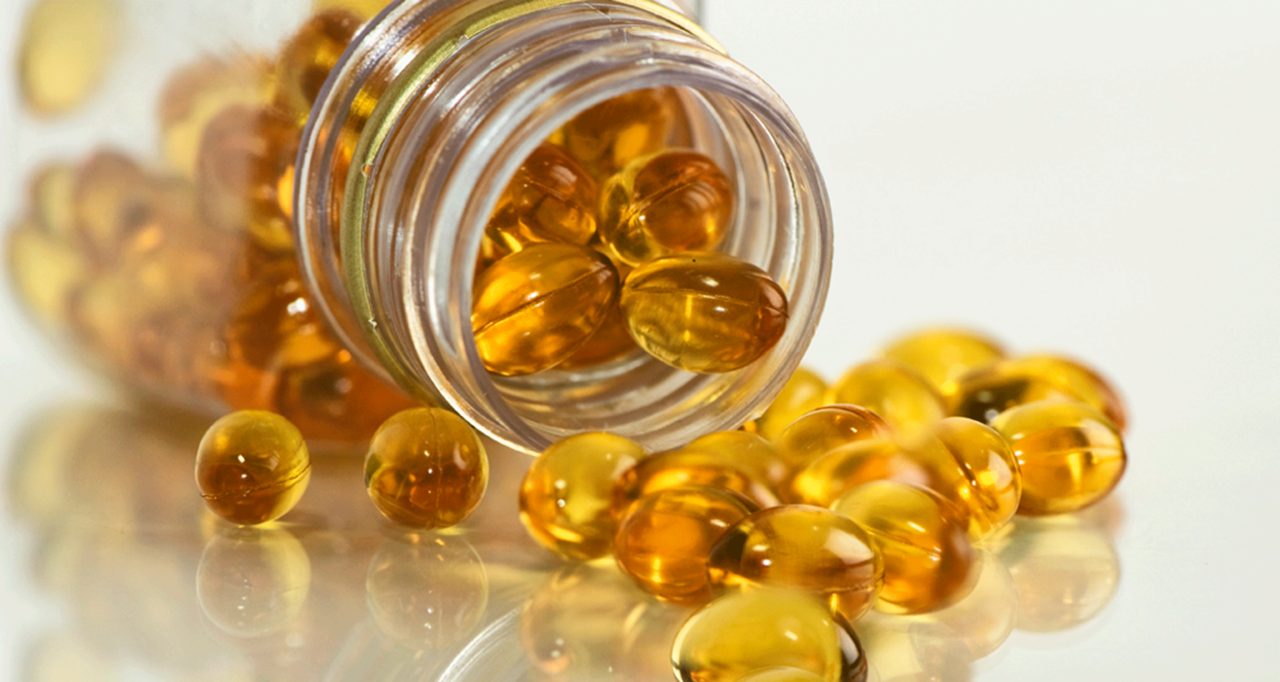Do You Need Omega-3 Supplements?

Most people are better off meeting their needs from eating fish, but if you have heart disease omega-3 supplements may be helpful, too. Learn more.
Fish oil tablets have become a billion dollar industry since the 1970s, when Danish scientists discovered that Inuits in Greenland had lower levels of cholesterol and triglycerides than Danes. But you’re better off getting your fish oil the way the Inuits did: from food.
Omega-3 fatty acids, a polyunsaturated fat plentiful in seafood, show up in all cell membranes and help cells communicate. If you’re concerned about your heart, these fats are on your side: they help prevent the blood clots that lead to heart attack or stroke, cut the bad fat that accumulates in arteries called triglycerides, cut blood pressure and inflammation, and increase your body’s store of good cholesterol.
Omega-3s are good for everyone, especially as we age. In a study of more than 2,600 Medicare recipients followed for up to 22 years, researchers concluded that the group that had the most omega-3s from fish in their blood were 24 percent less likely to develop a major ailment, compared to those with the least. The researchers checked for not only for heart disease but also cancer, lung, and severe kidney disease and cognitive and physical disability.
YOU MIGHT ALSO LIKE: Our Heart Care section
Diet is the way
The American Heart Association recommends eating fatty fish at least twice a week. A serving comes to 3.5 ounce cooked, or about a three-quarter cup of flaked fish. Avoid frying your fish as that adds bad fat. The best sources of omega-3 fats are wild and Alaskan salmon (canned is okay), lake trout, sardines, oysters, herring, and Atlantic mackerel. Next best is canned light tuna, catfish, crab, founder, sole, haddock, lobster, mullet, pollock, wild and some farmed shrimp, tilapia, scallops, and squid.
Some fish contain high levels of mercury and other pollutants, a good reason to stay away. These show up in bigger predatory fish and marine mammals. The ones you are most likely to see on a menu are swordfish, shark, gulf tilefish, orange roughy, and King mackerel.
Do you need supplements?
If you‘re a vegetarian or hate fish, you may need a supplement. Flax oil, flax and chia seeds, walnut oil and walnuts, and hemp seed oil and beverages will help you get alpha linolenic acid (ALA), one of the three omega-3 fatty acids, but you may also need a supplement based on algae to get docosahexaenoic acid (DHA), the kind found in fish (the fish get it from eating algae).
If you have heart disease, supplements aren’t a good substitute for eating fish. In a 2018 meta-analysis of 10 trials with nearly 78,000 participants at high risk for heart disease, researchers concluded that taking fish oil supplements didn’t help prevent heart events. The participants took the supplements for an average of more than 4 years.
However, there is an exception: if you have high triglycerides despite taking statins and have high triglycerides and a history of cardiovascular issues, 4 grams of fish oil supplements — a megadose — have been shown to help. In a large 2019 study, people in this category taking the supplements had 25 percent fewer heart attacks than the placebo group.
Don’t just pop pills
Don’t overdo it: more than 3 grams of omega-3 fatty acids could cause excessive bleeding. And remember, there’s no real evidence that supplements will give you the many advantages you’ll see advertised. One advantage of eating fish, for example, is that you’ll likely not eat red meat as often, so you may eat fewer saturated fats overall.
Updated:
April 03, 2020
Reviewed By:
Janet O’Dell